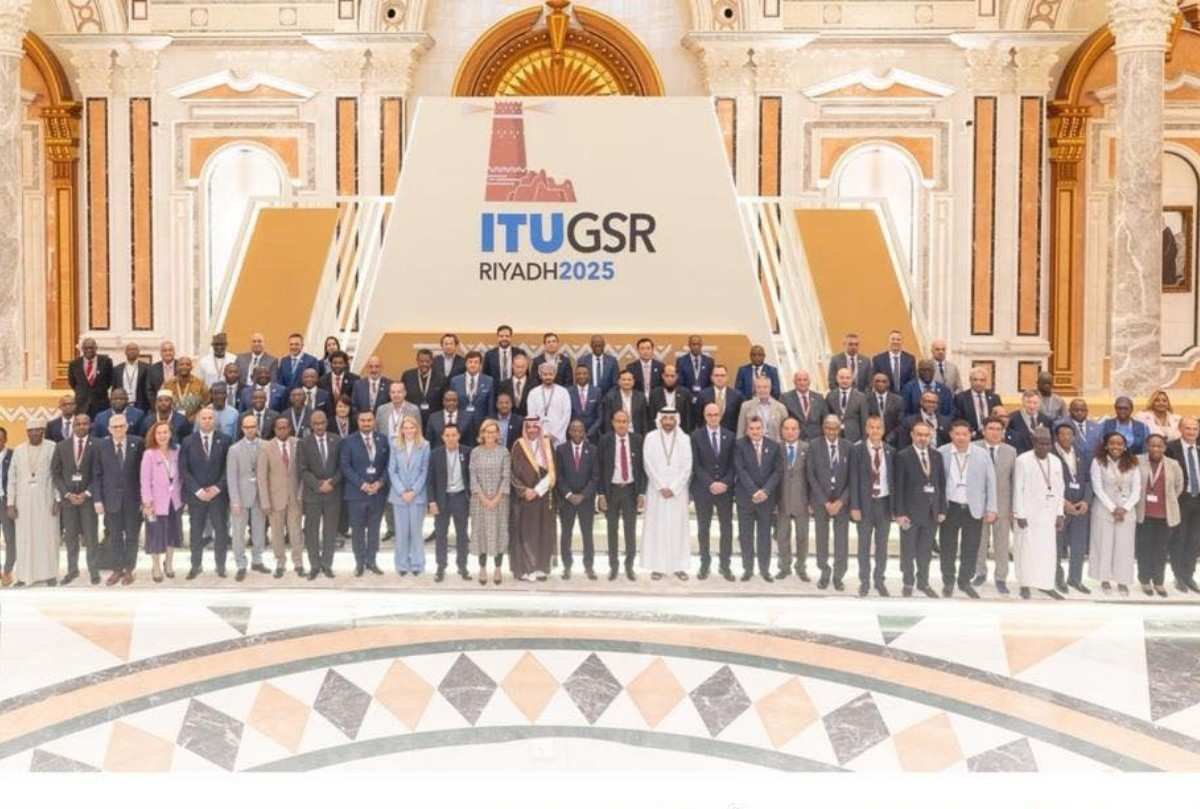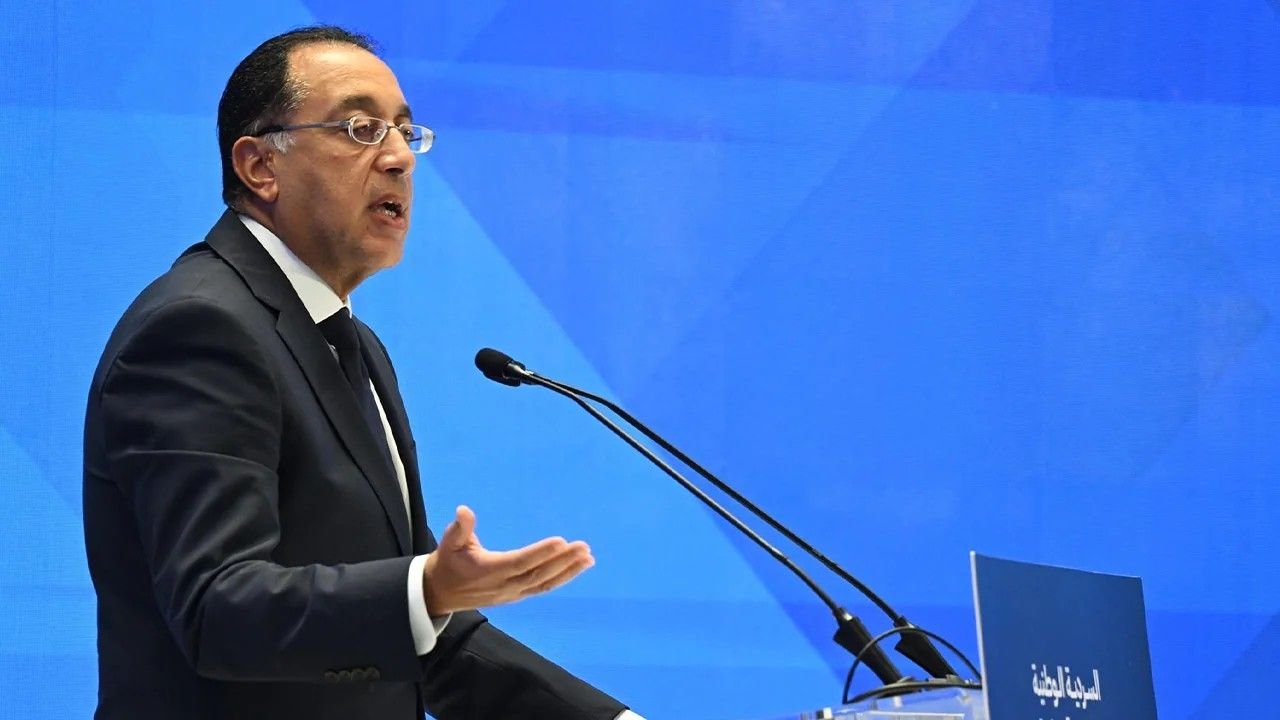Bangladesh’s Advisory Council has approved the Telecommunication Networking Licence Policy 2025, a landmark step aimed at reshaping the country’s telecom regulation. The policy was endorsed at a council meeting chaired by Chief Adviser Prof Muhammad Yunus at the Chief Adviser’s Office in Tejgaon, Dhaka.
According to Faiz Ahmad Taiyeb, special assistant to the chief adviser on Posts, Telecommunications, and Information Technology, the new policy introduces a fresh licensing system that avoids favouring existing intermediaries. Instead, it is designed to streamline procedures, enhance competition, and expand affordable access to voice, data, and internet services nationwide. Officials described it as a long-term framework for fostering competitive growth and improving service delivery.
Industry reactions
Reactions from operators have been mixed. Grameenphone welcomed the move, describing it as a positive step toward unifying licences but urged the government to publish realistic guidelines quickly to ensure effective implementation. Banglalink echoed support, highlighting progress on provisions such as active network and spectrum sharing. However, the company raised concerns about mandated ownership requirements that could discourage foreign investment.
Robi Axiata PLC, in contrast, voiced sharp disappointment, stating that the policy failed to incorporate input from industry consultations. The operator warned that this omission could undermine investor confidence, particularly among foreign stakeholders with long-term commitments in Bangladesh.
The road ahead
Analysts note that while the policy demonstrates the government’s intent to modernise the telecom sector, its effectiveness will depend on transparent implementation and active engagement with all stakeholders, including foreign investors and smaller operators.















